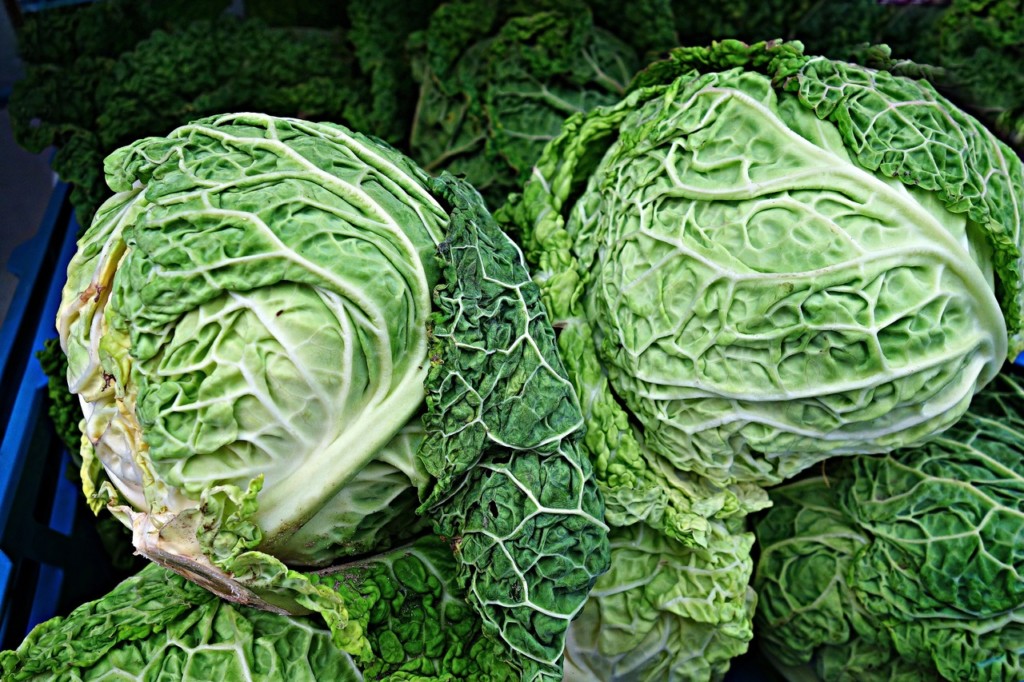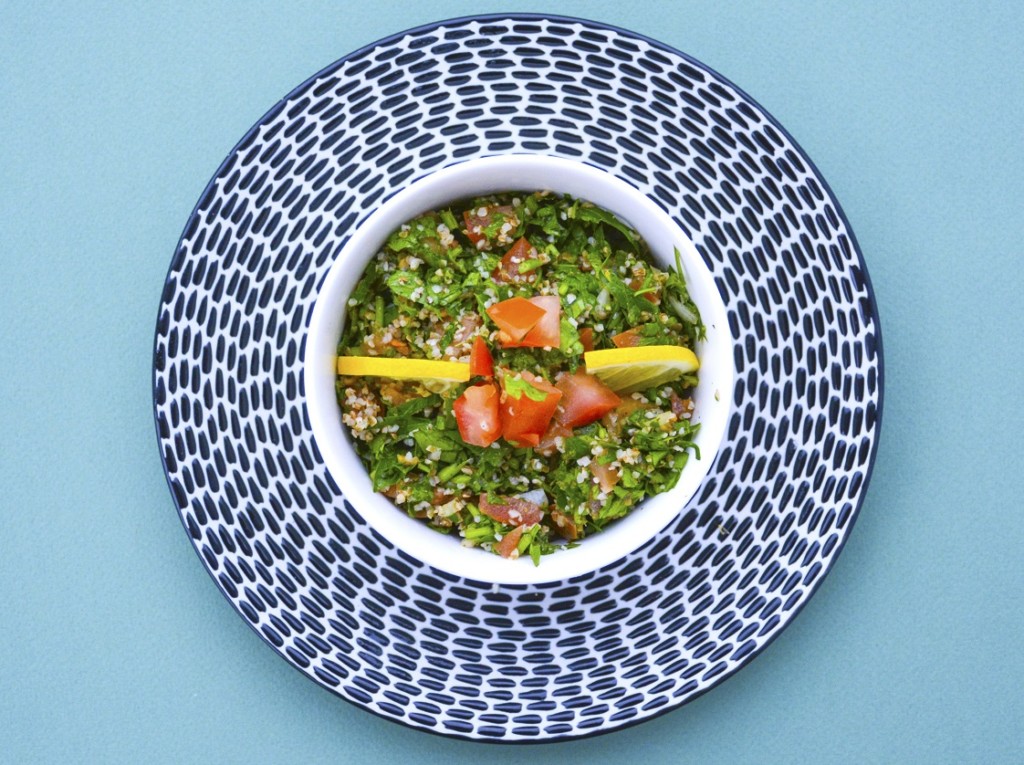Today, focus on Vitamin Kone of the vitamins the most unknown, and yet indispensable metabolically!
Ready to go? Let's get started!
Vitamin K: a simple definition
As are vitamins A, D and E, vitamin K is a fat-soluble vitamin It is stored in the lipids of the organism.
It was discovered in the 1920s by the Danish biochemist Carl Peter Henrik Dam, who after providing a low-fat diet chickens for several weeks, found that animals suffer from haemorrhaging persistent.
He concludes that a substance with a coagulant effect is missing from chicken feed. This compound is called coagulation vitamin and receives the letter K.
This content is part of the guide Blooness, the guide to the ideal human diet, the summary of which you can find here 🌱🥑

Indeed, the blood coagulation is a process leading, for example, to the formation of blood clots in the damaged wall of a blood vessel, stopping the bleeding.
Vitamin K comes in two forms:
- vitamin K1 (or phytomenadione), which is mainly derived from vegetables which is directly involved in the coagulation process.
- vitamin K2 (or menaquinone), which is produced by bacteria in the colon or appears in certain foods following a fermentation process (cheese, miso, natto, etc.). It acts more on soft tissue calcification, hence its recent interest in the treatment of osteoporosis.
Benefits and virtues of vitamin K
An effect on haemostasis
As we saw in the definition of vitamin K, the first function attributed to vitamin K, is its coagulant effectis essential for hemostasis, the set of mechanisms that keep blood inside vessels and, in particular, the phenomena that stop bleeding when a vessel is injured.
After this discovery, scientists lost interest in vitamin K, until it was the subject of renewed interest, like vitamin D. And recent discoveries suggest that huge advances in metabolic diseases.
Vitamin K and cell growth
Recent studies have shown that vitamin K2 is involved in the cardiovascular and bone systems, cell growth, proliferation and migration, cell survival, apoptosis, phagocytosis, cell adhesion, control of the inflammatory response, cell specialization and more...

These discoveries show that this vitamin is involved in many metabolic processes essential to good health.
Vitamin K and cardiovascular health
Numerous studies, published in particular since 2004, show that vitamin K2 - as always - is essential for cardiovascular health.
Vitamin K and bone health
Studies have shown the benefits of vitamin K in improving bone density. It plays a role in bone mineralization, through the binding of calcium in the bones.
Sufficient dosage can reduce the incidence of fractures.
In other words, vitamin K against diseases of civilization
As you will have gathered, recent studies have highlighted the virtues of this micro-nutrient against the major diseases of the 20th century.
People with a vitamin K2-rich diet have better cardiovascular health and osteoarticularand better prevention of cancers and inflammatory diseasesand even dementia.

And yet, as chance would have it, vitamin K is found in most of the ingredients famous for their dietary and medicinal virtues, and often consumed in the diet. Blue Zones.
Vitamin K-rich foods and ingredients
Foods rich in vitamin K1
Vitamin K1 is found mainly in green leafy vegetables. Here is a non-exhaustive list of the richest foods (per 100 g) :
- Dry thyme (1710 µg)
- Fresh parsley (1220 µg)
- Swiss chard leaves (830 µg)
- Cooked kale (817 µg)
- Dandelion (778 µg)
- Dried wakame (732 µg)
- Raw kale (591 µg)
- Watercress (542 µg)
- Raw spinach (438 µg)
- Fresh basil (415 µg)
- Soybean oil (290 µg)
- Fresh chives (243 µg)
- Frozen Brussels sprouts (250 µg)
- Endive (231 µg)
- Broccoli (141 µg)
- Brussels sprouts (140 µg)
- Rapeseed oil (71.3 µg)
- Virgin olive oil (47.8 µg)
- Prune (59.5 µg)
- Kiwifruit (40.3 µg)
- Tuna in oil (canned) (25.4 µg), anchovy fillets in oil (semi-canned) (12.1 µg)
Foods rich in vitamin K2
Vitamin K2 is found mainly in animal products or products that have undergone fermentation. Here is a non-exhaustive list of the richest foods (per 100 g) :
- Natto (fermented soy milk) (800 to 900 µg)
- Raw goose liver (329 µg)
- Edam cheese (47.5 µg)
- Raw egg yolk (32 µg)
- Salami (9 µg)
- Full-fat, plain, fermented milk (8 µg)
- Steak de beef raw (7 µg)
- Sauerkraut (5 µg)
- Chocolate (1.5 µg)
- Buckwheat (1.1 µg)
What is your daily vitamin K intake?
It is recommended to consume around 1 µg/kg body weight/day of vitamin K for adults, i.e. 75 µg/day for a 75 kg adult.
Should I take vitamin K supplements?
REMINDER: this article is one of the chapters in the Blooness feeding guidea guide to the ingredients of the ideal diet for humankind.
In principle, there is no need to take vitamin K supplements as part of a relatively healthy diet. However, vitamin K supplements may be advisable in certain cases:
- People at risk of bleeding
- People suffering from intestinal malabsorption
- Seniors
- People suffering from osteoporosis
- Pregnant and breast-feeding women
- Premature babies.
It is therefore necessary to promote vitamin intake through a healthy dietBy taking advantage of everything else that food provides, rather than through synthetic supplementation.
However, some multivitamins cover a certain intake of vitamin K, particularly vitamin K1. There's nothing counterproductive about supplementing in reasonable doses (e.g. 50% to 75% of the recommended daily allowance).
Conclusion
As you've probably guessed, vitamin K was best known for its coagulant effects on the body, but now it's time to take it to the next level. new virtues seem to be highlighted.
Relatively recent studies have shown that that an increase in vitamin K1 and K2 intake is associated with lower cancer mortality or all causes combined.
Increasing vitamin K1 intake, but not vitamin K2, would also limit the risk of cardiovascular mortality.
Next chapter: vitamin C.
Previous chapter: vitamin E.
New: Blooness Accelerated Programs
For quick results if you are looking for
lose fat permanently,
maintain stable energy levels throughout the day,
and prevent chronic diseases.
Immediate access to the Premium Guide + all current and future programs
Limited founding rate – will soon increase to €97

